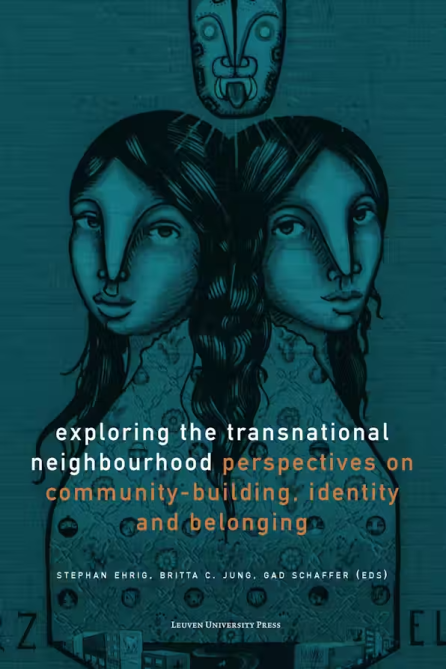As the world transforms, the ICCROM Library continues to innovate and respond to the needs of today’s heritage community. The COVID-19 restrictions, which limited physical access to the Library, prompted a reimagining of our service delivery, aiming to better support researchers and heritage professionals in this new era. One key outcome was the Document Delivery Services, offered free of charge to ensure uninterrupted access to essential research materials.
Expanding digital access to meet new research needs
The Library has also adopted OpenAthens, a service that provides users with efficient, convenient, and secure access to ICCROM’s ever-expanding digital collection of e-books and journals. Since 2021, the collection has grown significantly, keeping pace with the scientific community’s trend towards increased digitization and remote access.
Advances in technology and the changing expectations of researchers have driven the need for more immediate and user-friendly access to scholarly information.
As a leading research library in the cultural heritage conservation field, ICCROM has embraced this shift and begun the systematic cataloguing of Open Access resources relevant to heritage restoration and conservation. The objective here is to enhance the discoverability of scientific literature, support the global dissemination of knowledge, and foster collaborative learning across institutions, professionals, and students.
Such initiatives are especially game-changing for regions with limited access to specialized documentation. By promoting openness and accessibility, the ICCROM Library is taking a leading role in shaping effective and better-informed conservation practices globally, thereby helping safeguard cultural heritage for future generations.
From the Open Access catalogue: explore the transnational neighbourhood
One example of an Open Access book featured in our catalogue is Exploring the Transnational Neighbourhood: Perspectives on Community-Building, Identity and Belonging, edited by Stephan Ehrig, Britta C. Jung, and Gad Schaffer, published in 2022 by Leuven University Press, Leuven (Belgium).
Introducing the concept of the “transnational neighbourhood” – a dynamic contact zone marked by cultural hybridity, mobility, and overlapping histories – the book explores the relationship between people and place as inherently dialogical. It underscores the reciprocity between the two, through which they affect and transform one another.
A highly compelling aspect of the book is its exploration of how digital spaces and online communities influence identity and memory among migrants. By way of websites, digital communication, and religious or cultural institutions, diaspora communities – such as Latin Americans in London or Mexican immigrants in NYC – forge virtual and symbolic reconnections to their homelands while reshaping belonging in host countries.
The book examines how urban neighborhoods function as dynamic spaces of encounter, identity formation, and community-building, and spotlights certain neighborhoods with complex historical, spatial, and cultural layers. For example, Jerusalem’s Train-Track Park, which attempts to unite segregated communities; Flushing Meadows–Corona Park in Queens, NYC, seen through the lens of evolving immigrant identities; and El Segundo Barrio (El Paso), where mural art is a visual expression of how marginalized communities reclaim space and tell their own stories.
We live in an age of unprecedented human mobility. And no doubt, migration – through experiences with strangeness and familiarity – reshapes both: the people and the places.
Join us in growing the collection
Though our Open Access collection is steadily growing, it is still quite young. In our commitment to further enrich the collection, we welcome your help.
If you know of any Open Access materials relevant to cultural heritage conservation, we kindly invite you to share them with us and contribute to the building of this valuable resource for the global heritage community. Write us at library@iccrom.org

